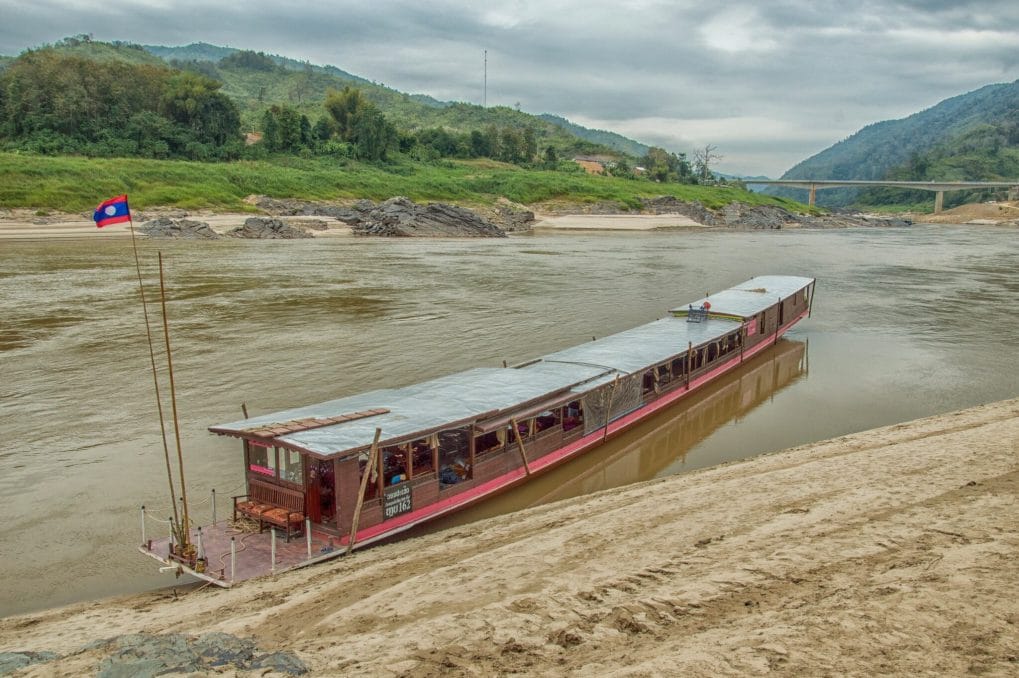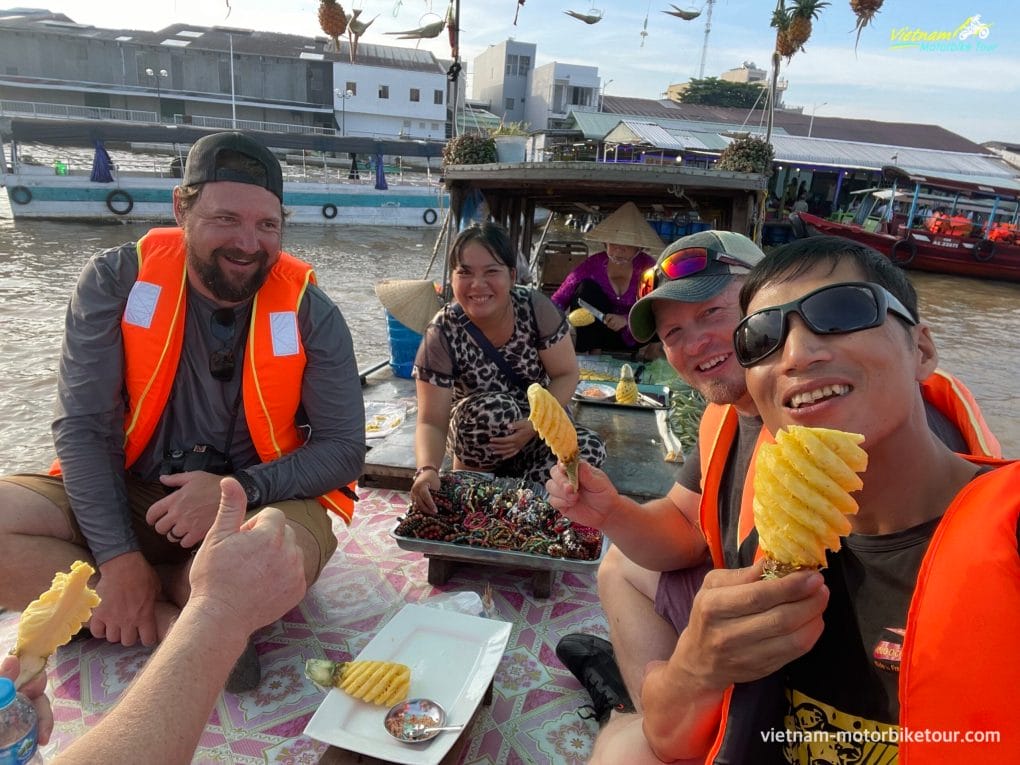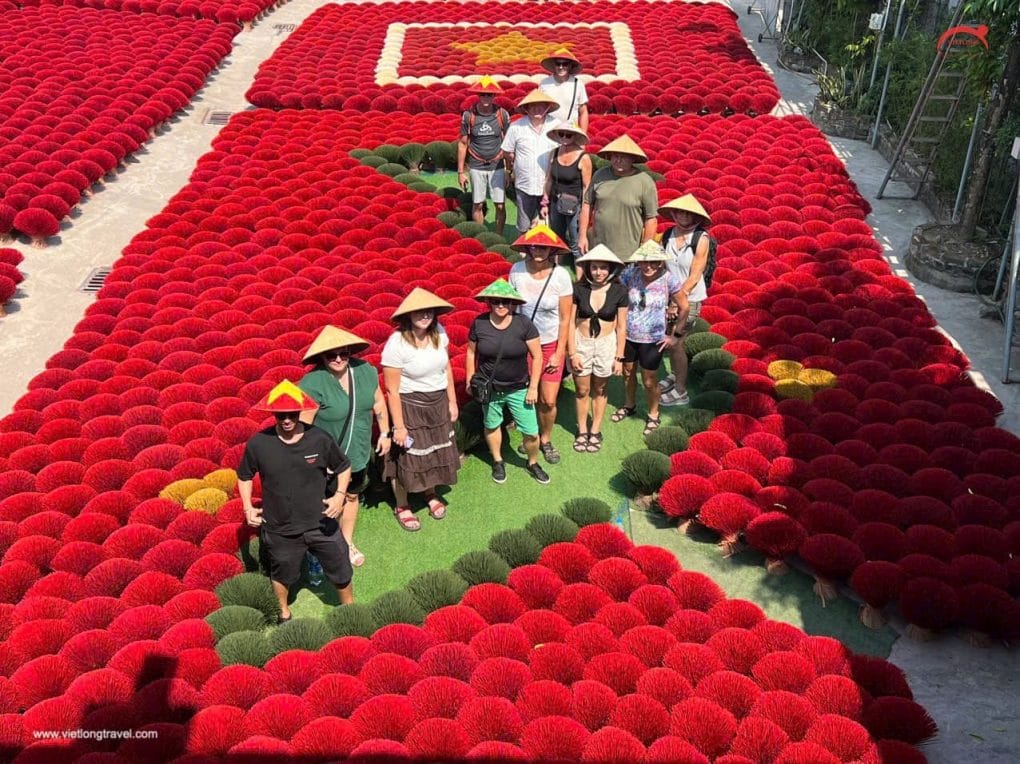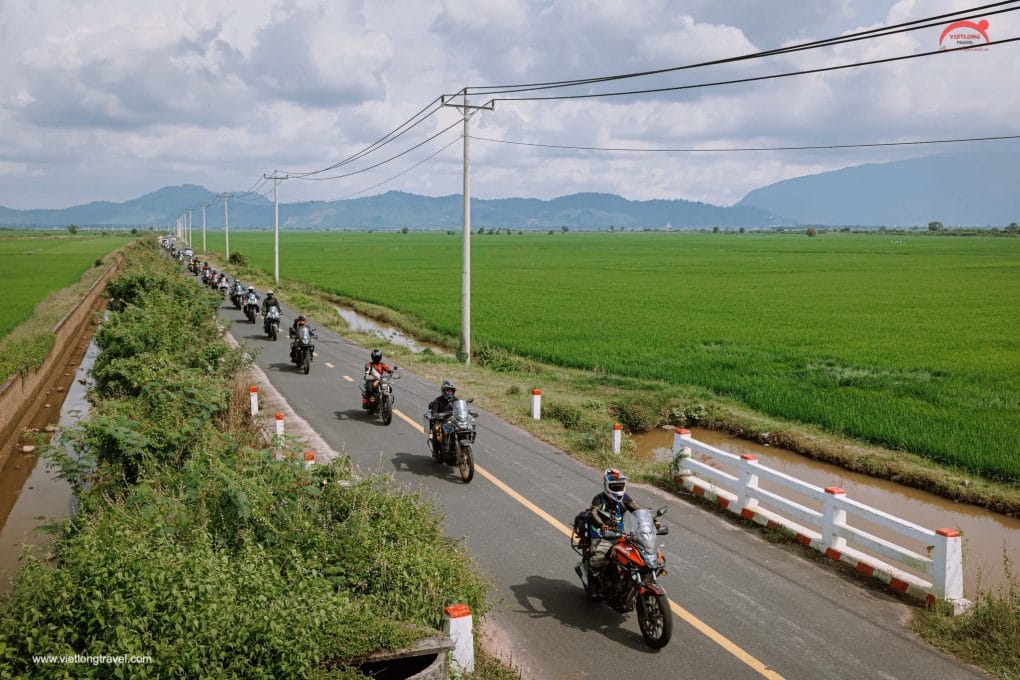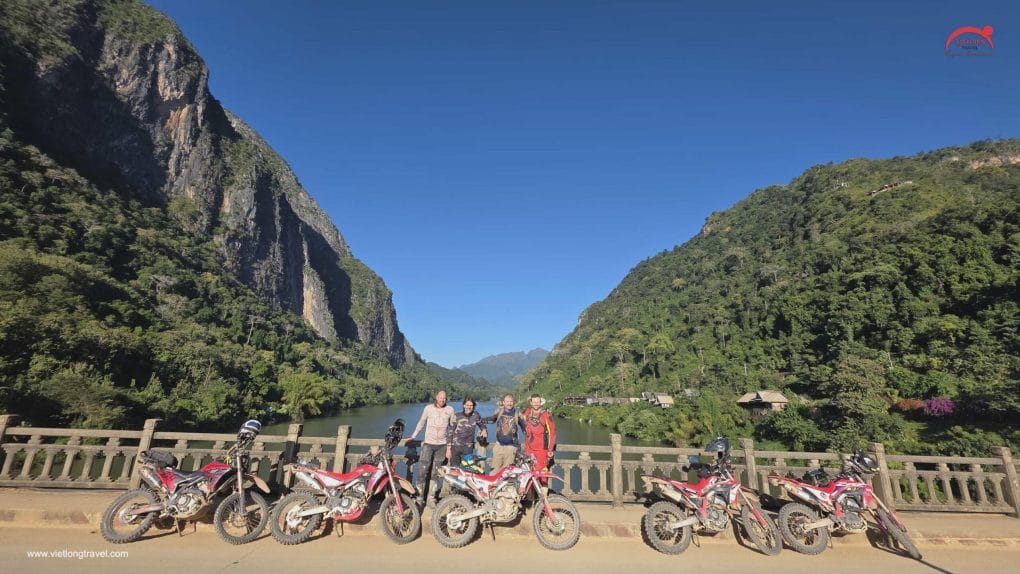At the foot of Sam Mountain, Vinh Te Commune, Chau Doc Town, An Giang Province. Ba Chua Xu Temple is constructed according to the Chinese character “quoc”, has 4 square roofs, roofed with blue pile-shaped tiles. Ba Chua Xu Temple was built in 1820 on Sam Mountain. According to a legend, in the early 1800s villagers found a statue of a lady dating to the 6th century in the forest. They built a temple in her honour, hoping that she would bring them better crops and better lives. This is why the marble statue of Ba Chua Xu, meaning “country lady,” is worshipped. Ba Chua Xu Festival is organized annually at the end of the 4th lunar month; worshippers touch her statue and ask for her protection and benediction. Ba Chua Xu Temple Festival
The statue of Ba Chua washing rite
This rite takes place at midnight of the 24th day. The first ritual is to light two big candles in front of Ba Chua statue. It is followed by the rites of offering incense, wine, tea, burning joss-sticks and praying. A group of four or five women that selected before open the curtain to go inside and perform the bathing ritual for the statue. At the foot of the statue is a small fragrant water basin. These women wash the statue of Ba Chua and spray it with perfume. And then, they change the statue into a new robe and hat. This rite often lasts one hour. After that, pilgrims burn incense pray for good things. The procession from Thoai Ngoc Hau Mausoleum to Ba Chua Xu Temple At 3 p.m. of the same day, locals hold a procession that starts from Ba Temple to Thoai Ngoc Hau Mausoleum. They want to express their gratitude to Thoai Ngoc Hau who had merit to reclaim this land. The members of procession offer incense and flowers to Thoai Ngoc Hau. Then, they bring three tablets of Thoai Ngoc Hau, ladies Chau Thi Te and Truong Thi Miet, and one tablet of those who had merit to help Thoai Ngoc Hau to the Ba Temple. These four tablets are placed at the sanctuary.
Tuc Yet rite
The rite begins at midnight of the 25th and continues into the early morning of the 26th. Participants dressed in smart traditional costumes stand on the two sides and the master of ceremonies stands in front of the statue of Ba Chua. The offerings include a white pig, a dish of pig’s blood and a little hair, called mao huyet, a tray of sticky rice, a tray of fruits, a tray of areca and betel, a dish of rice and salt, which are place on a table before the statue. The master of ceremonies and notables burn incense on the altar. Following are the rituals of offering incense, wine, tea and an oration. One person reads the oration, and then the master of ceremonies burns this oration and votive papers. The pig is turned over before it is taken away. It marks the end of the tuc yet rite.
Xay chau rite
The xay chau rite is performed after the tuc yet rite. In order to prepare for this rite, people replace the table before the altar with a drum. The master of ceremonies holds two drumsticks and says his prayers before the altar. After that, he dips a branch of willow into a water bowl on the left of the altar, and sprinkles water on the floor. When he finishes the ritual, he put the bowl and the willow branch on the altar, and beats three salvos of drumbeat to begin the hat boi (classical opera) performance.
Chanh Te rite
The chanh te rite takes place at 4 a.m of the 26th with the rituals similar to tuc yet rite. On the afternoon of the 27th day, the four tablets are brought back to Thoai Ngoc Hau Mausoleum, marking the end of the festival. During the festival days, many traditional cultural activities are organised, including unicorn dance, dance with dishes and cups. Ba Chua Xu Festival is rich in the national identity and the southern colours.




